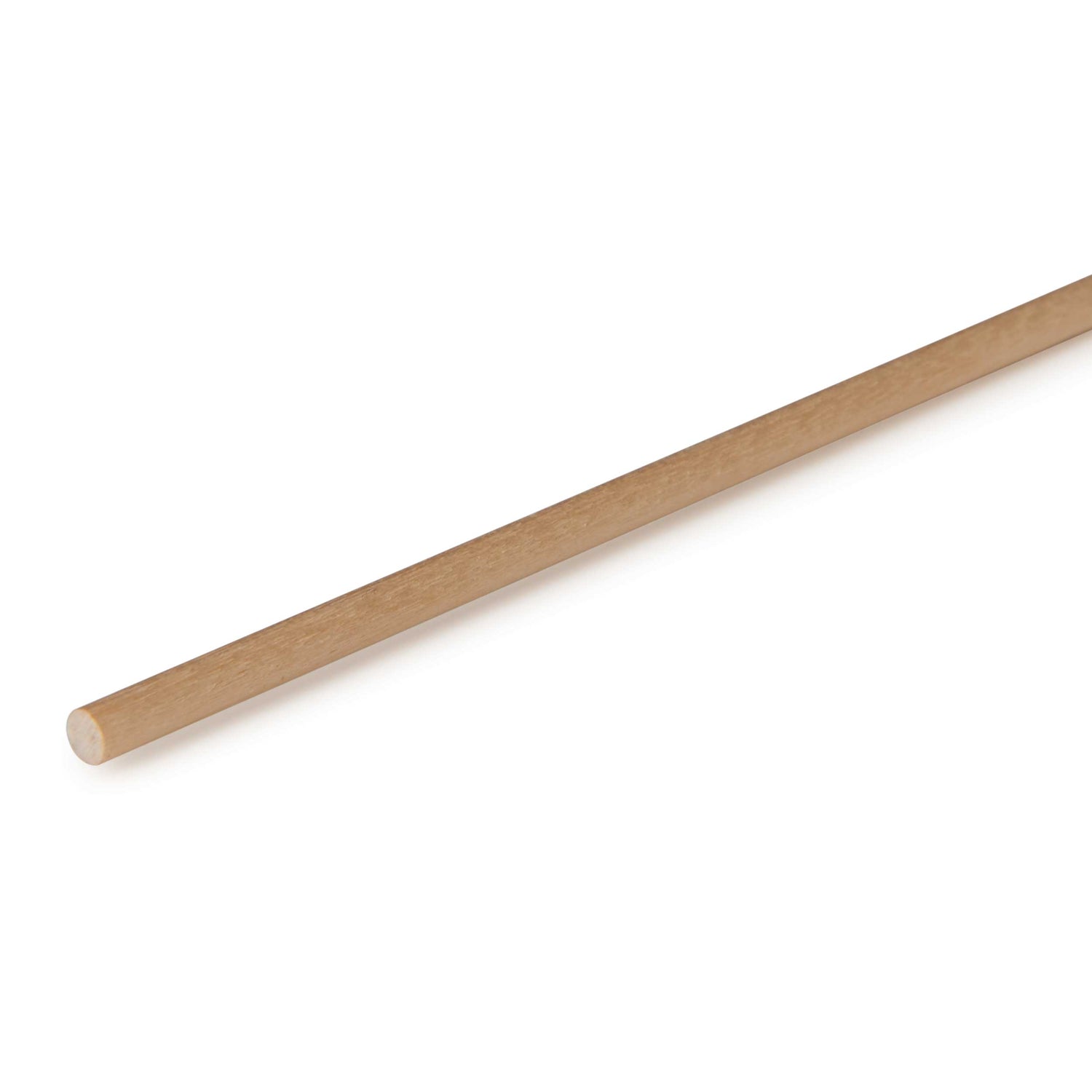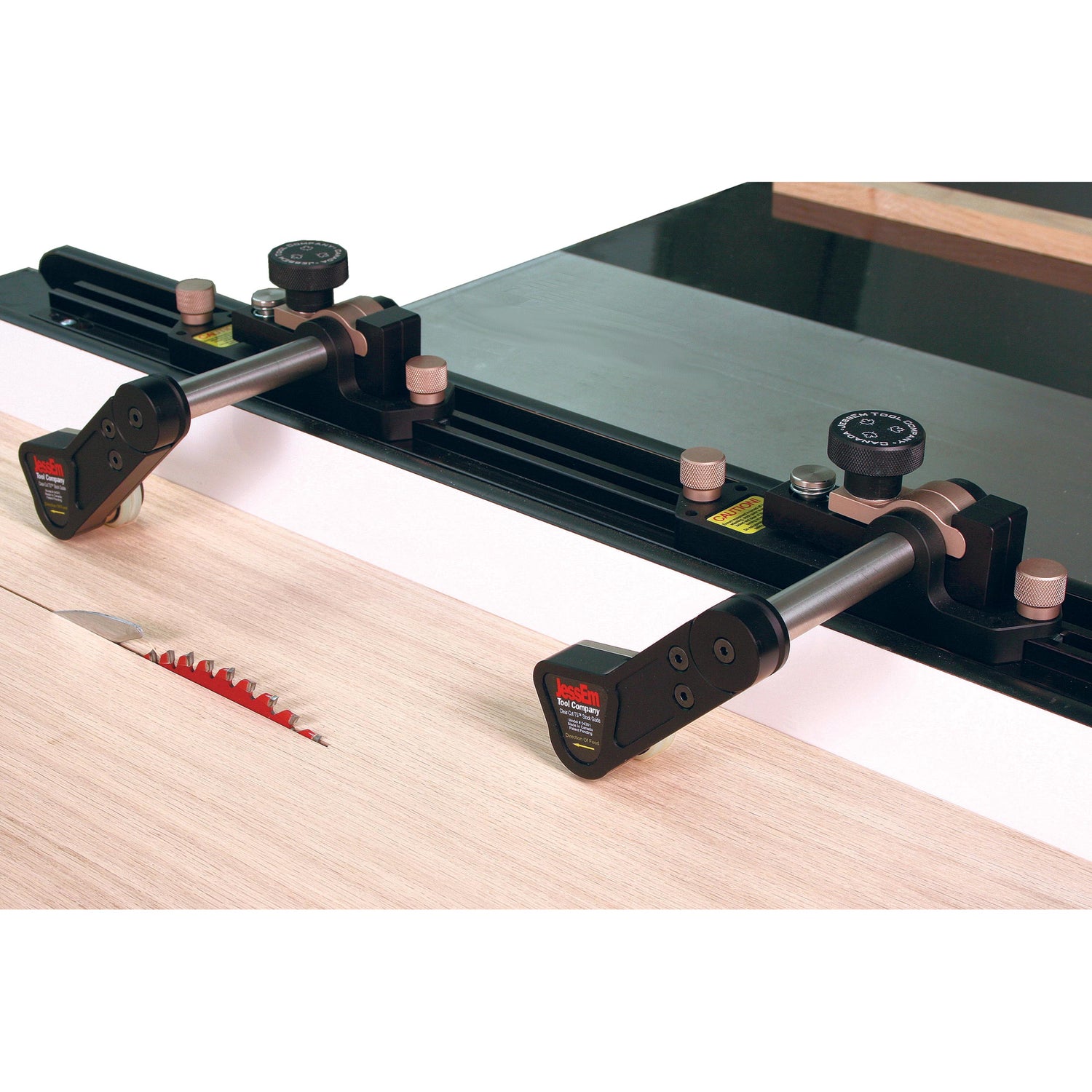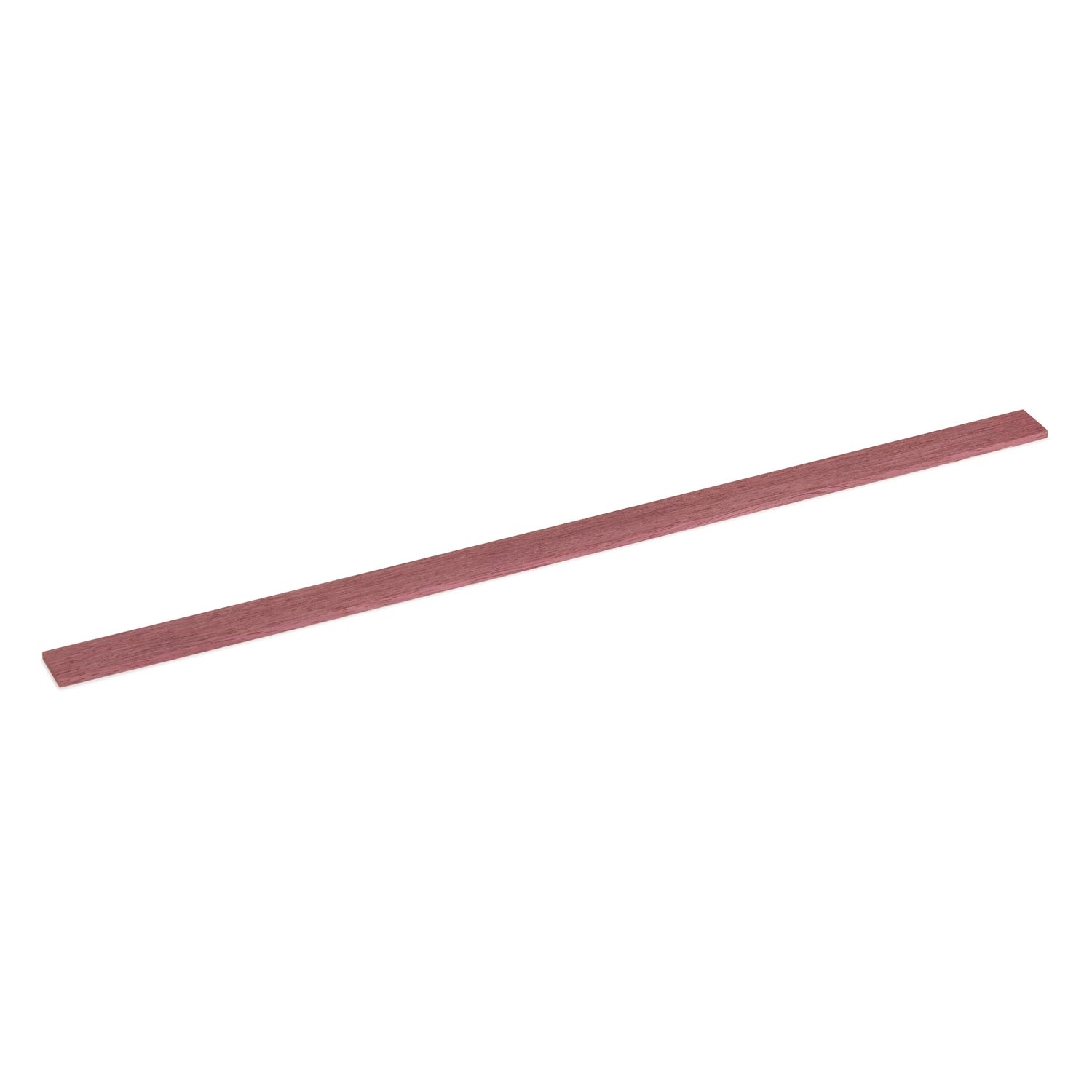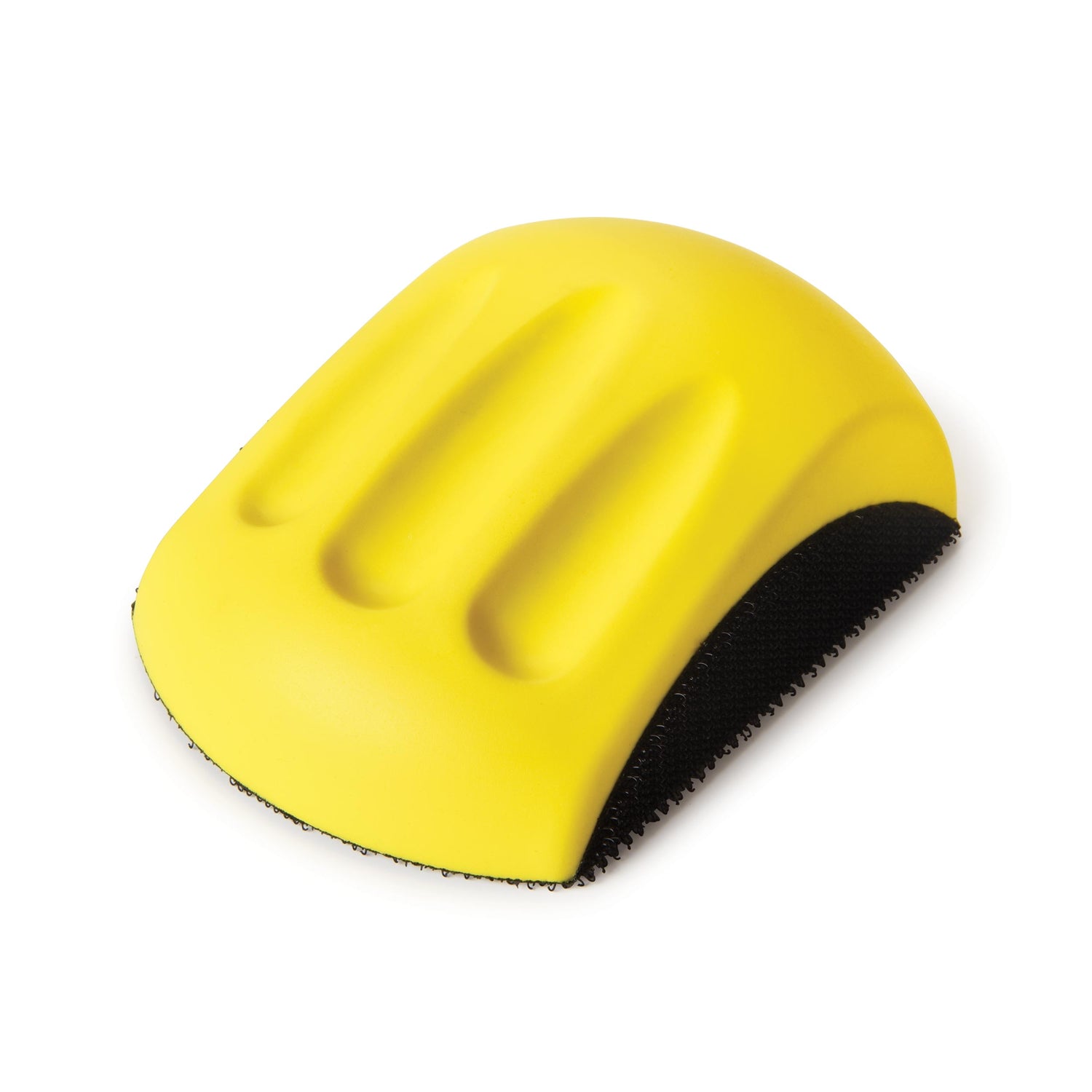
Arizona Woodworkers Making a Difference
Woodworkers have always been ambitious people, but there are a couple of clubs in Tucson, Arizona, that have set the bar pretty high as far as giving to the community.
The Southern Arizona Woodturner’s Association (SAZWA) and the Desert Woodcrafters are both located in Tucson and meet monthly at a local high school, the Woodcrafters on the first Saturday of the month and the Woodturners on the second Saturday. They share a lot of the same members – about 60% of the Desert Woodcrafters belong to the Woodturner’s Association. Their rosters combined equal 140.
There is a difference in the focus of their woodworking. The Southern Arizona Woodturner’s Association concentrates on woodturning, while the Desert Woodcrafters work primarily on furniture and just about anything not made on the lathe. As Ken Walston joked, the difference between the two clubs is that one includes “round workers” and the other one “flat workers.” Both clubs excel at their skills and are quite willing to help the world out with their talents.
Ken Walston, a member of the SAZWA Board of Directors, said the club became a 501-C-3 organization in 2015 and since that time members have increased their community contributions. Visit SAZWA to find out more about their activities and projects.
The Desert Woodcrafters are dedicated primarily to woodworking other than woodturning in southern Arizona. Many have years of experience, while others are just beginners. To learn more about them, visit Desert Woodcrafters.
Community Projects
The two clubs combine their passion for woodworking to do five main projects each year.
1. Turning wooden pens for Woodcraft’s Turn for Troops National Turn-a-Thon.
Members have turned over 167,064 pens since 2002. These one-of-a-kind pens are sent to military personnel on active duty and recovering in rehabilitation centers. Some of the woodturners put notes in with the pens that they have created and often receive thank-you notes. Their year-round volunteer effort supports the Woodcraft of Tucson Turn for Troops program and has made that store a national leader in pens turned at Woodcraft stores.

Woodturner James Pruett has made over 3,000 pens for the troops.
2. Creating pens from Purpleheart wood for recipients of Purple Heart Awards.
This program started about a year and a half ago for Purple Heart Award recipients in Arizona, mostly Southern Arizona, to honor them for service to their country. So far, 210 of these pens have been turned. Members said Randy Castellini, owner of Woodcraft of Tucson, often helps their clubs out with pen kits and Purpleheart. Randy has been very generous.

Southern Arizona Woodturners Association President Paul Newell (left) presents a Purpleheart pen to a Purple Heart Award Recipient.
3. Making walking canes for U.S. veterans.
This project was started in 2014, and club members have now delivered 36 canes to the Tucson, AZ, Veteran’s Administration Hospital.
“They are nice canes,” said Walston. “They are made in three pieces and unthread.”

These beautiful hand-made walking canes were given to the Veteran's Administration Hospital.
4. “Toys for Children.”
The club members have produced over 25,000 toys for needy children since 2001. The toys include cars, artist palettes with crayons, keepsake boxes, and many others. Each woodworker decides what toys to make. Toys are collected at the end of the year and given to organizations that distribute them to kids around Christmas time.

Frank Pickett, Chairman of the Toys for Toys Programs shows a few of the thousands of toys that club members make.
5. Making lidded boxes for the Beads of Courage Program.
This program was started by Jean Baruch, RN, BSN, while working on her PhD in Nursing at the University of Arizona. Baruch piloted her Beads of Courage Program at the Phoenix Children’s Hospital in February 2003. The foundation is now headquartered in Tucson and is a growing nationwide organization dedicated to transforming the treatment experience for children coping with chronic, life threatening illness through their arts-in medicine programs.
As children with cancer and other serious illnesses go through medical procedures, they receive a bead for each milestone accomplishment such as surgery, chemotherapy, testing, transfusions and other procedures. The children are proud of their beads, often making them into necklaces. When their bead collection grows, they like to put their courage beads in special lidded boxes. The Tucson clubs have gladly supported this program by making hand-made wooden lidded boxes – 300 in the past three years.

Club members make many beautiful bowls and lidded boxes each year in support of the "Beads of Courage" program.
Sometimes, cancer survivors will come to club meetings and tell of their experience and how important the Beads of Courage Program has been to them personally.
“It’s very emotional,” said Walston. “This is a very significant program. It has really had an effect on people’s lives.” To learn more about the "Beads of Courage Program," visit Beads of Courage.
In addition, the Tucson clubs donate hand-made items for auctions for animal shelters, food banks and benefits.
“We look for opportunities to help out,” said Walston. “The prime goal of our group is to train, educate and get people interested in woodworking and woodturning, but another main goal is to serve our community. We want to be involved and contribute to something. We have a wonderful group of people, men and women, who enjoy getting together, talking and socializing. It’s really a win-win for everyone.”
In December, the groups get together for a luncheon that serves as a thank-you to members for all the hard work they have done.
Club Member Paul Swane with "Beads of Courage" founder Jean Baruch next to some of the lidded boxes.
A Grandfather’s Legacy
It’s amazing what a difference these groups and individuals have made. You wonder what got them started, because they, too, have a story. In Ken Walston’s case, he said it was his grandfather that sparked the woodworking interest in him.
“When I was a boy, my grandfather that I was close to was a carpenter. He used to make little wooden boxes for me,” Walston said. “I got interested in wanting to do that after seeing him make things. After I got married, I started buying tools and learning more.”
Before Ken got interested in lathe work, he built desks, furniture, bookcases and cabinets. He later bought a lathe and admits that, “I became addicted to woodturning. It’s hard to stop!”
For those thinking about getting into woodworking and turning, Walston says, “It’s great for people who like to create things that are lasting. It’s also something that takes care of the stress of the day and can be very relaxing. It’s rewarding to take something from nature, like a piece of wood, and discover the beauty in it and create something with your own hands.”




